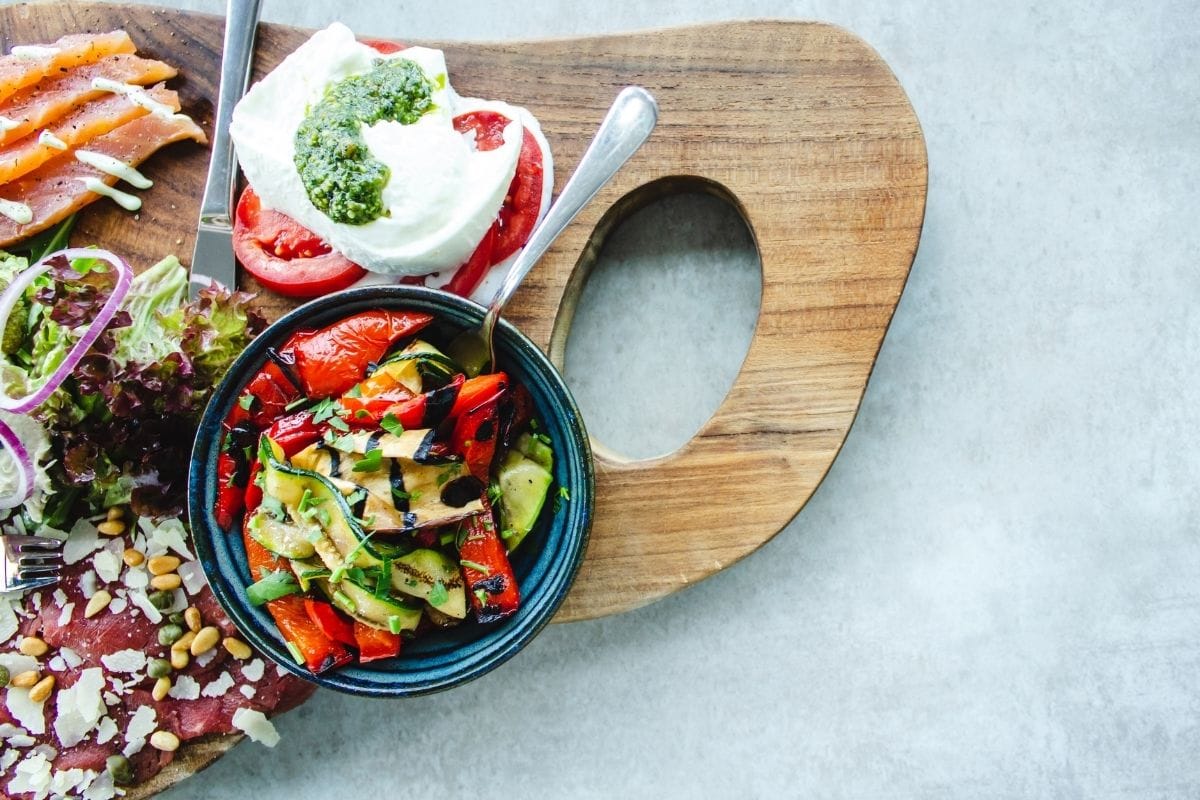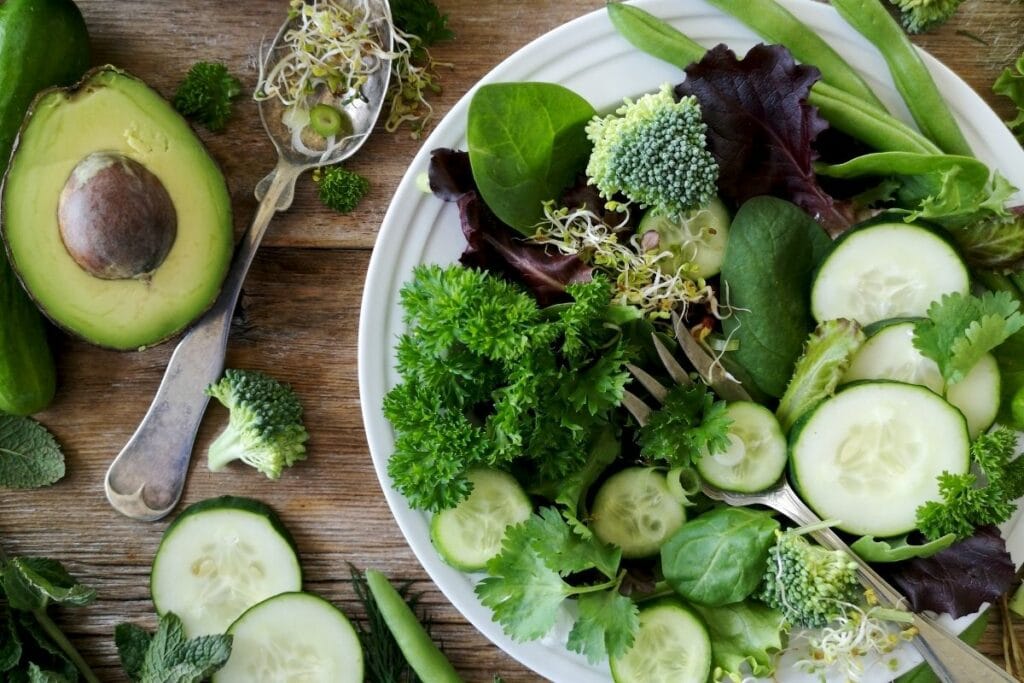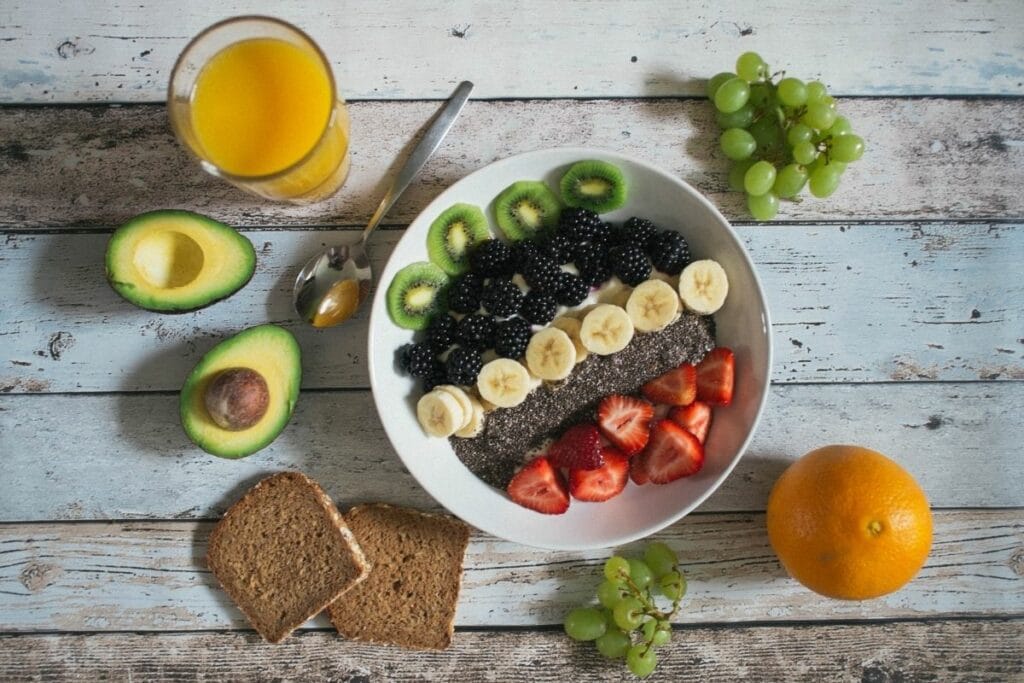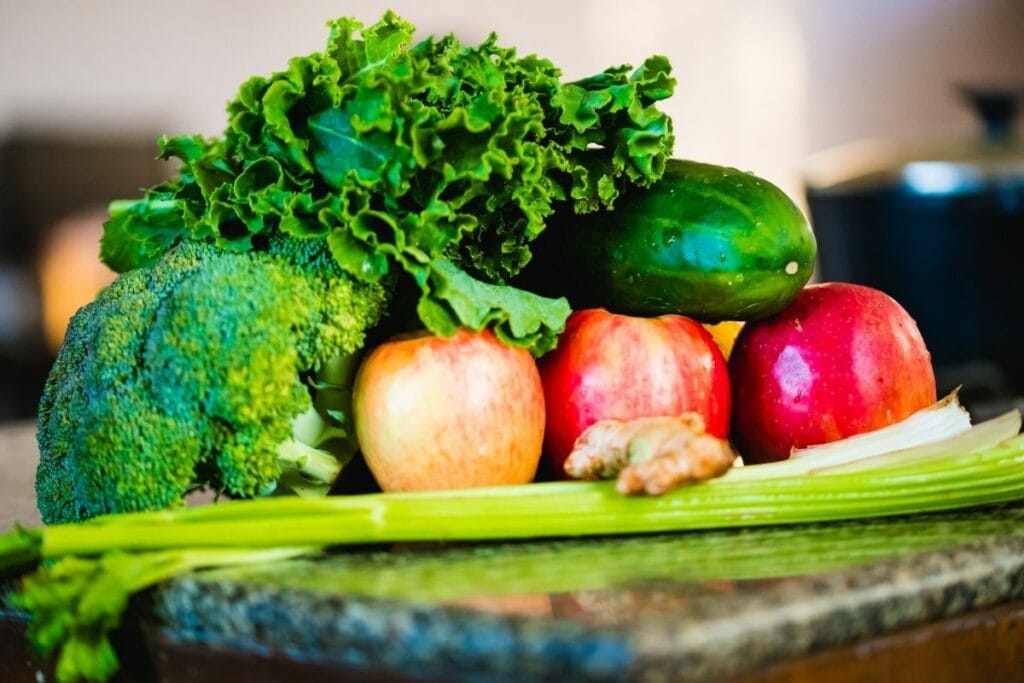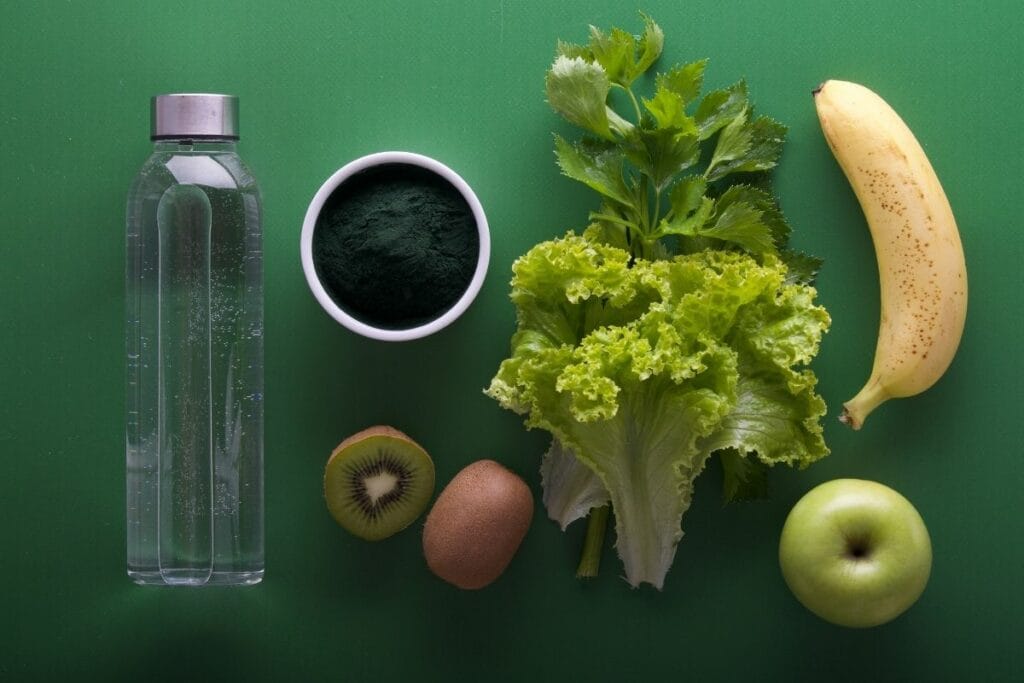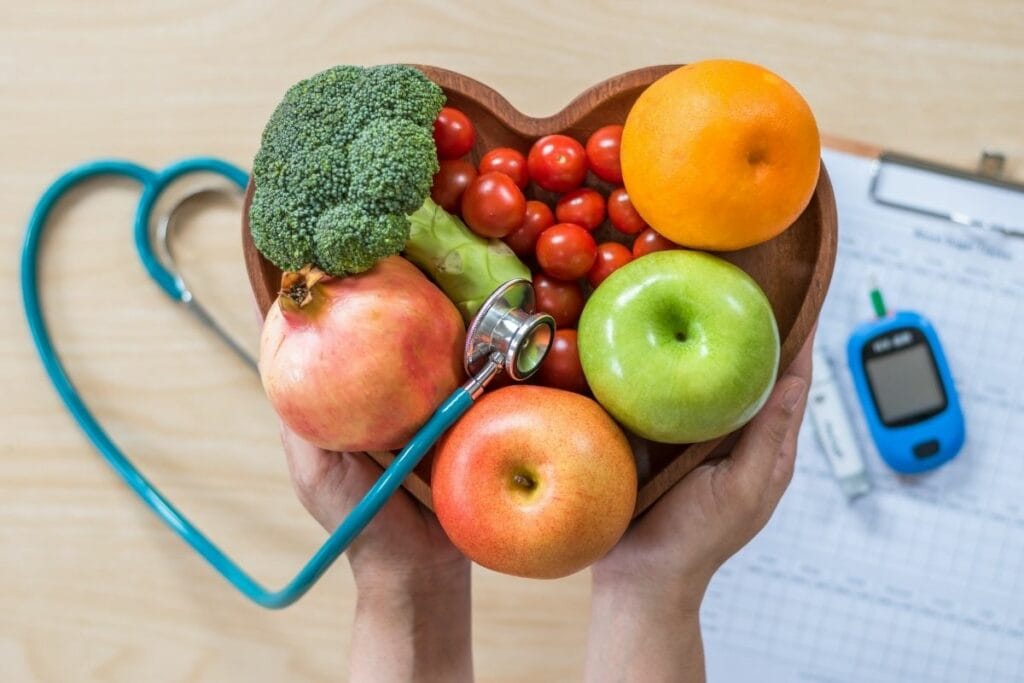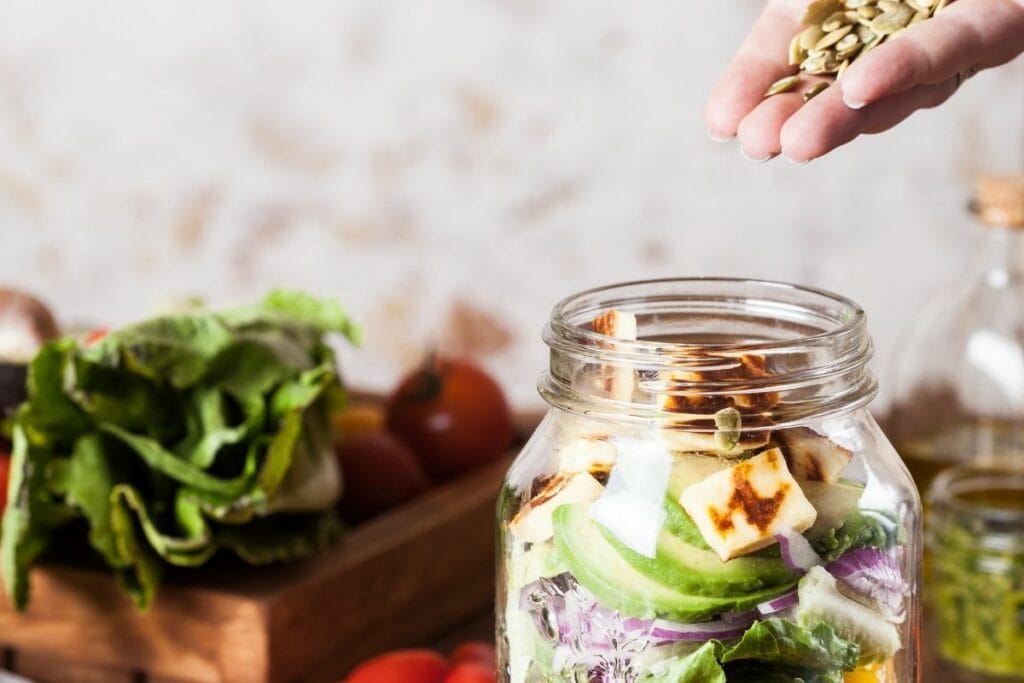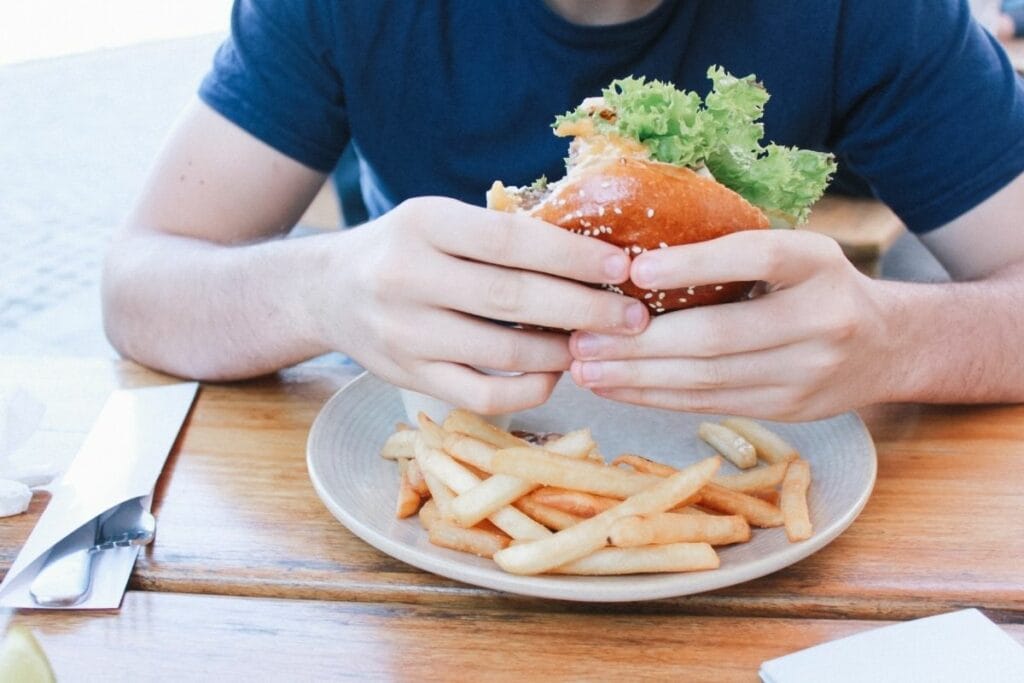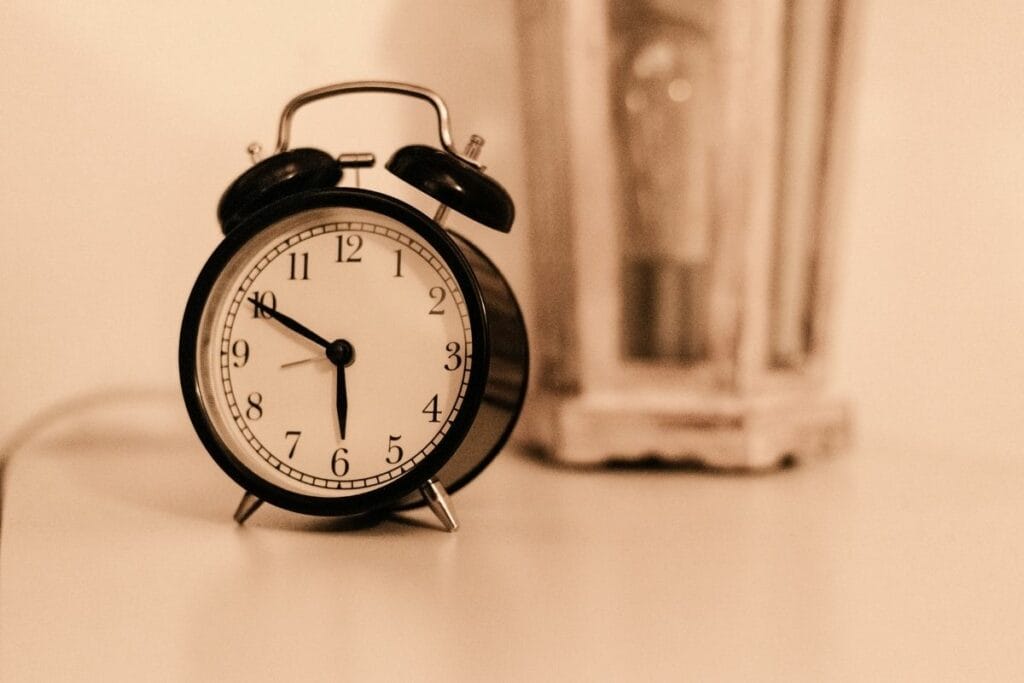Each of us has heard the thesis about healthy eating at least once in our lives, which is repeated by everyone like a mantra. Perhaps even some of us believed in it, but some people could have second thoughts – cause are potatoes actually fattening? But why? Then is pasta also fattening and if I never eat a potato again will I lose weight? Unfortunately, some of these nutrition myths are repeated and therefore some people believe they are true, even though they have nothing to do with truth. What are the most common myths about diets, and why are they not true?
Carbohydrates are fattening
Most of us have certainly heard the statement that carbohydrates – i.e. potatoes, bread, pasta – are fattening and excluding them from the diet will result in an improvement and slimming of the body.
The answer is simple: no, carbohydrates aren’t fattening. Excess calories taken with the diet are fattening.
Each person, depending on age, sex, physical activity and type of work, has a different daily caloric demand. Providing your body with more calories on a regular basis than it needs to function optimally will lead to weight gain – regardless of whether these calories come from carbohydrates, proteins or fats. Carbohydrates are an essential component of a balanced diet, which should provide 45-65% of energy for healthy adults. It is important to limit the consumption of monosaccharides, which do not satiate for a long time, in favour of polysaccharides, from which energy is gradually released for many hours, without causing leaps of blood glucose level and sharp feelings of hunger.
Eat your last meal at 6 p.m.
A myth based on the assumption that after 6 p.m. the metabolism slows down significantly and the consumed food will be deposited in the form of adipose tissue. However, there is no specific time after which meals should not be eaten, it all depends on the individual day plan. Dieticians and nutritionists recommend eating the last meal about 2-3 hours before bedtime. Its size should be properly selected not to be hungry when going to sleep, but also not to feel the unpleasant feeling of overeating. An equally important matter as the selection of portions is what will appear on our plate for dinner. It is worth focusing on products that are not rich in fats and proteins (these are better eaten for breakfast), but provide carbohydrates – it makes it easier to fall asleep and supports night regeneration. It is good to focus on polysaccharides, for example thick groats, whole grain bread and pasta – sweets will definitely not be a good choice.
“Light” products are healthier
Many people still believe that low-fat or no-fat foods are healthier and, above all, less caloric than standard foods. However, when choosing such products, it is worth reading the labels, because the fat content may actually be lower, but to keep the product tasty for consumers, the manufacturer could decide to add, for example, more sugar to it. Then the energy value does not have to be lower, and calories will come from sugar instead of fat. Choosing fat-free products is also not beneficial for certain groups of products, for example, dairy products, which are a source of vitamins A and D – these are fat-soluble vitamins and can only be absorbed by the body with it.
The situation is similar with low-sugar or sugar-free products. They may have an increased fat content (to make the taste more attractive) or the addition of synthetic sweeteners, which may have an adverse effect on human health.
Instead of “light” products, it is worth including standard products in the diet, but control their amount so as not to exceed your caloric demand.
Some foods are minus calories
This myth is based on the assumption that there are foods that provide fewer calories than the body uses to digest them. Proponents of this theory recommend eating vegetables with low energy value and high fibre content, such as celery, lettuce, broccoli and tomatoes. However, as science and research have shown, these foods actually provide very few calories, but the body also needs little energy to digest them – the energy balance is positive anyway. Unfortunately, there are no food products that provide minus calories – in order to lose weight, you should focus on a healthy, balanced diet with calories fitted to your individual demand.
Absolutely give up lactose and gluten
The group of people who absolutely must exclude lactose and gluten from their diet is quite small and is limited to people who suffer from diseases or food intolerances related to these ingredients. The exclusion of gluten-containing products from the diet by healthy people (not suffering from celiac disease and other gluten-dependent diseases) is associated with the elimination of most grain products from the diet and may lead to deficiencies of B vitamins, zinc, iron and calcium, as well as too little fiber. In addition, gluten-free products on the market often contain many food additives that are used to provide a texture and taste similar to those of gluten-containing products.
Lactose can cause unpleasant abdominal discomfort, but only for people whose body does not produce enough of the enzyme to digest it. For people who do not experience such unpleasantness, it is not necessary to exclude products containing lactose from the diet, as this may lead to calcium deficiency. People suffering from lactose intolerance do not have to give up dairy products as there are many lactose-free products on the market today.
There is no need to limit the amount of fruit in your diet
Despite the countless advantages of fruit, which include the content of vitamins, minerals, fiber and antioxidants, it should not be forgotten that they contain large amounts of monosaccharides in the form of fructose. Although it is a naturally occurring sugar, not added, it is a monosaccharide whose excess in the diet is undesirable. The World Health Organization recommends eating 5 portions of fruit and vegetables a day, of which only 2 portions should be fruit. Excess fructose in the diet may impair the feeling of satiety, which in the long run may lead to a reduction in sensitivity to sweet taste and the development of overweight and obesity. Of course, it will be better for health to eat extra fruit than chocolate, but as with everything, you should eat it with moderation.
Conclusions
Nowadays we are flooded with an overload of information, and sometimes it is very difficult to pick what is true – which is why some people fall into the trap of diet myths. Before introducing any modifications to the diet or eliminating a group of products, it is worth checking in several reliable sources whether it is a good decision. A good idea may be a consultation with a dietitian and medical tests that will help to exclude ingredients from the diet that actually have a negative impact on our health.

